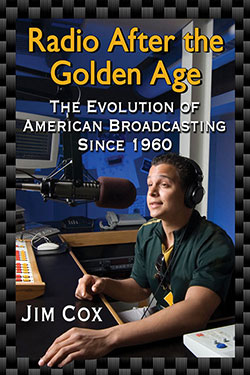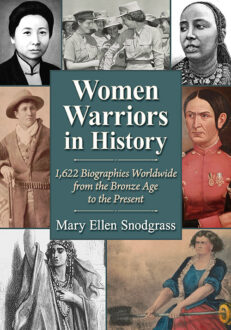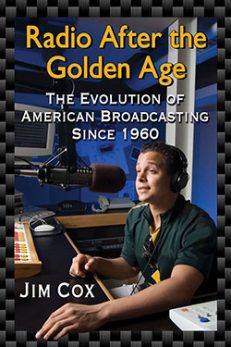Radio After the Golden Age
The Evolution of American Broadcasting Since 1960
Original price was: $39.95.$31.99Current price is: $31.99.
In stock
About the Book
What became of radio after its Golden Age ended about 1960? Not long ago Arbitron found that almost 93 percent of Americans age 12 and older are regular radio listeners, a higher percentage than those turning to television, magazines, newspapers, or the Internet. But the sounds they hear now barely resemble those of radio’s heyday when it had little competition as a mass entertainment and information source.
Much has transpired in the past fifty-plus years: a proliferation of disc jockeys, narrowcasting, the FM band, satellites, automation, talk, ethnicity, media empires, Internet streaming and gadgets galore… Deregulation, payola, HD radio, pirate radio, the fall of transcontinental networks, the rise of local stations, conglomerate ownership, and radio’s future landscape are examined in detail. Radio has lost a bit of influence yet it continues to inspire stunning innovations.
About the Author(s)
Bibliographic Details
Jim Cox
Format: softcover (6 x 9)
Pages: 264
Bibliographic Info: appendix, notes, bibliography, index
Copyright Date: 2013
pISBN: 978-0-7864-7434-9
eISBN: 978-1-4766-1209-6
Imprint: McFarland
Table of Contents
Table of Contents
Acknowledgments ix
Preface: The Nation’s Soundtrack 1
1. The Best of Times 9
2. The Goose, the Egg and the Evil Eye 23
3. At Last, Wireless for Real 44
4. From Victrola to Payola 57
5. Power Shift Fuels Fine-Tuning 76
6. Escalating the Continuum 87
7. Narrowcasting: A Captive Audience 105
8. Talk Is Cheap 116
9. Theater of the Mind Déjà Vu 142
10. Satellites and Automated Dialing 159
11. Pillaging the Public Airwaves 169
12. Multicolored Radio 178
13. An Acoustical Smorgasbord 195
14. Tune in Again Tomorrow 207
Appendix: A Half-Century of Radio Evolution 215
Notes 227
Bibliography 245
Index 253
Book Reviews & Awards
“Author Jim Cox knows radio, how to research it and how to write about it. This time he takes readers on a journey of discovery with a book containing more detail on radio’s evolution than one could ever imagine”—Radio Recall; “historian Jim Cox just keeps on doing it”—Milwaukee Area Radio Enthusiasts.





